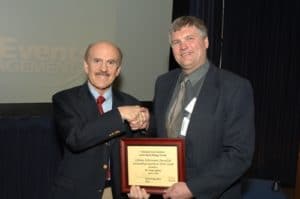Vascular and cerebral system
The gas called nitric oxide (NO) is essential for the proper functioning of the brain and the endothelial system (veins and arteries). Since this gas is produced in large quantities in the nasal sinuses, breathing through the mouth is like depriving yourself of the benefits of natural breathing, i.e. through the nose. Thanks to NO, nasal breathing improves the oxygenation of the brain, compared to breathing through the mouth.
Vacsular health
Description

The oxygen needed by the cells is supplied via the blood vessels by the red blood cells. The blood flow, and therefore the amount of oxygen, is dependent on 2 parameters: the pressure impelled by the heart and the diameter of the vessels. Nitric oxide (NO), which is largely produced in the sinuses, has a vasodilatory effect on these blood vessels (i.e. it increases their diameter) and therefore increases this blood flow. This dilation, especially in the lungs, allows oxygen to better penetrate the blood vessels and CO2 to escape. In 1998, Dr. Louis Ignarro was awarded the Nobel Prize in Medicine for his discoveries showing NO’s strong ability to improve cardiovascular health and prevent heart disease.
Consequences
Oral breathing deprives the cardiovascular system of the benefits of nasal NO. This can result in reduced physical stamina up to an increase in blood pressure.
Cerebral health
Description
Nasal breathing allows good oxygenation of the brain. The brain is where NO is most active in our body. As with the creation of blood vessels, nasal NO is involved in neurogenesis (creation of neurons).
Consequences
Studies have shown that children with oral breathing have poorer learning (reading, arithmetic) and memory performance compared to those who breathe through their noses. These studies suggest that NO deficiency contributes to a decrease in brain oxygenation.
Lire les autres chapitres :

